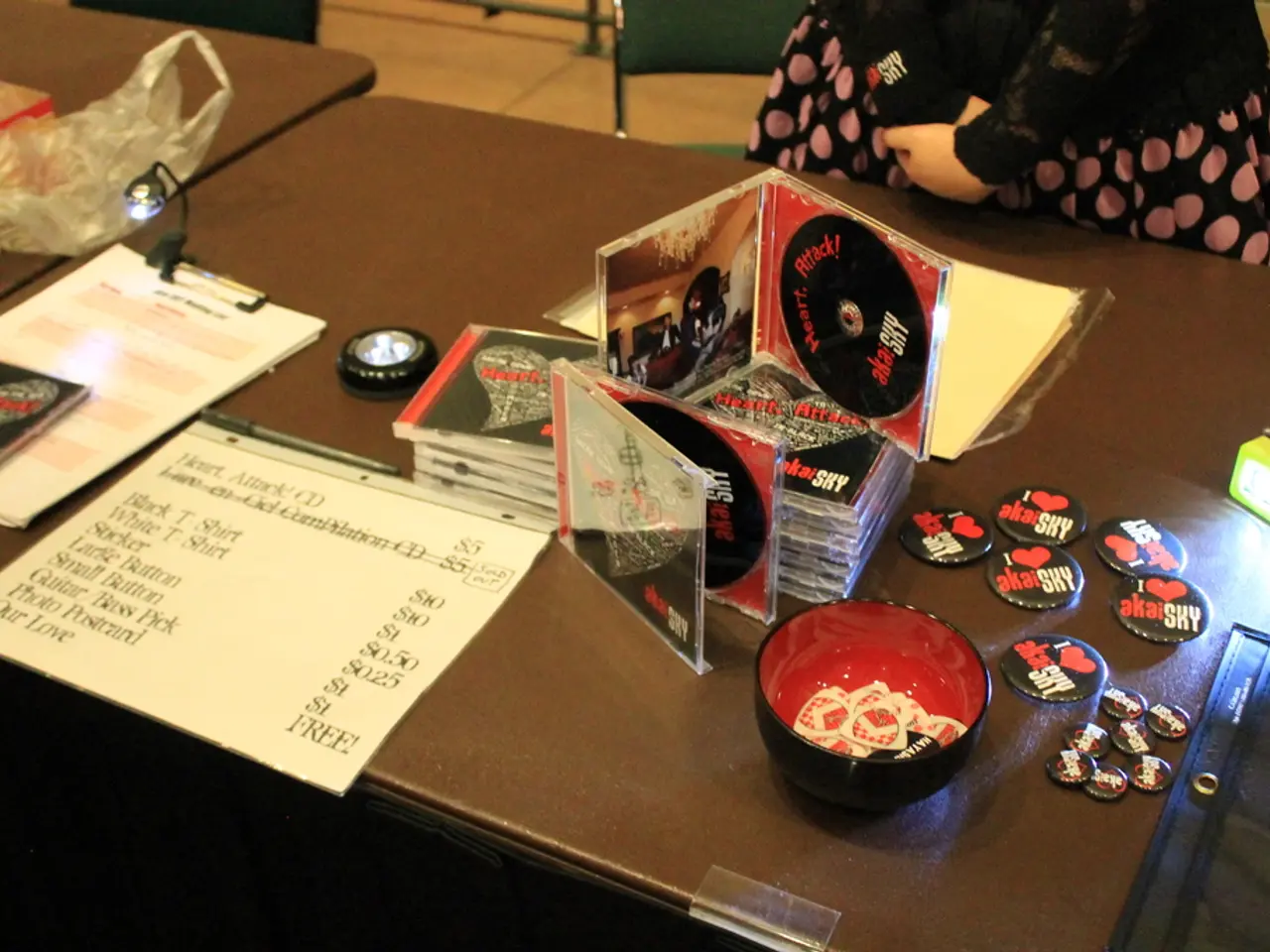Norway could improve its approach by embracing the multi-license model, according to the European Gaming and Betting Association (EGBA).
Let's Take a Look at the Gambling Market in Norway
The European Gaming and Betting Association (EGBA) has brought the gambling market in Norway under the spotlight, advocating for a change from the current state monopoly. Here's a breakdown of the issue.
Norway is singled out as the last Nordic country to have a state gambling monopoly, predominantly managed by Norsk Tipping. But as the rest of Europe transitions to a more adaptable, multi-license system, EGBA believes it's high time Norway did the same.
Why should Norway change gears? Well, here's the deal.
H2 Gambling Capital, a top-notch research firm, reports that more than half of Norwegian gamblers are already wagering on international gambling platforms, which are not confined by local jurisdiction and regulations. The EGBA argues that Norsk Tipping's monopoly is an inefficient means to regulate the gambling industry, as it fails to monitor this blossoming black market.
Denmark, Sweden, and Finland have already jumped on the multi-licensing bandwagon, with Finland currently in the process of shifting away from its monopoly. The EGBA asserts that adopting a multi-license model would help establish proper oversight for the gambling that Norwegians are already engaging in, rather than expanding the gambling market.
The benefits of a multi-license system are manifold: better regulatory efficiency, increased competition, enhanced consumer protection, potential economic growth, and aligning with broader European trends. The association cautions that if Norway doesn't act, it may become the last country in Europe without a regulated gambling industry and miss out on these advantages.
Despite steps taken to limit the reach of illegal operators, both regulated and unregulated markets continue to battle the black market. EGBA advocates for regulation as the best way forward to curb this issue in Norway.
For updated information, keep an eye on EGBA's website, your source for all things gaming and betting in Europe.
Image credit: Unsplash.com
Insights:Norway's continued state monopoly on gambling may not align with market realities and consumer preferences. By adopting a multi-license system, Norway could improve regulation, enhance consumer protection, and potentially increase economic benefits, aligning with broader European trends. The key benefits of a multi-license system include:
- Market Adaptation: A multi-license system better aligns with market realities and consumer preferences, facilitating competition and fostering innovation.
- Regulatory Efficiency: A multi-licensing model allows for better monitoring and regulation of the market, reducing the prevalence of illegal gambling.
- Consumer Protection: A licensing system ensures that only licensed operators operate in the market, protecting consumers from unknowingly engaging with illegal sites.
- Revenue Potential: A multi-license system can increase revenue for the state by attracting more operators and boosting market activity, potentially leading to higher tax revenues.
- Economic Growth: Encouraging investment and job creation in the gambling sector can spur economic growth.
These insights highlight the potential benefits of adopting a multi-license system in Norway's gambling industry.
- The European Gaming and Betting Association (EGBA) believes that Norway should switch from its current state monopoly in the gambling market, as more than half of Norwegian gamblers are already wagering on international platforms that operate beyond local regulations.
- Denmark, Sweden, and Finland have already adopted a multi-license system, and the EGBA argues that Norway adopting a similar model would establish proper oversight for the gambling activities that Norwegians are engaging in, rather than expanding the market.
- The benefits of adopting a multi-license system are numerous, including improved regulatory efficiency, increased competition, enhanced consumer protection, potential economic growth, and alignment with broader European trends.
- Without action, EGBA warns that Norway may become the last country in Europe without a regulated gambling industry, missing out on the benefits that a multi-license system could bring.
- The EGBA advocates for regulation as the best way forward to curb the issue of illegal gambling in Norway, and recommends keeping up-to-date with their website for the latest news and insights on the gambling market in Europe.








